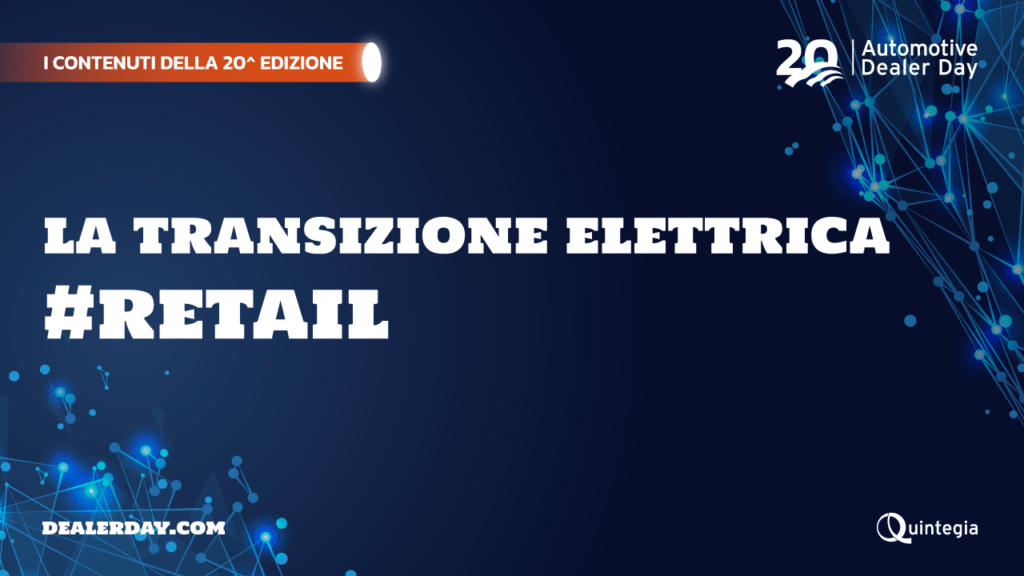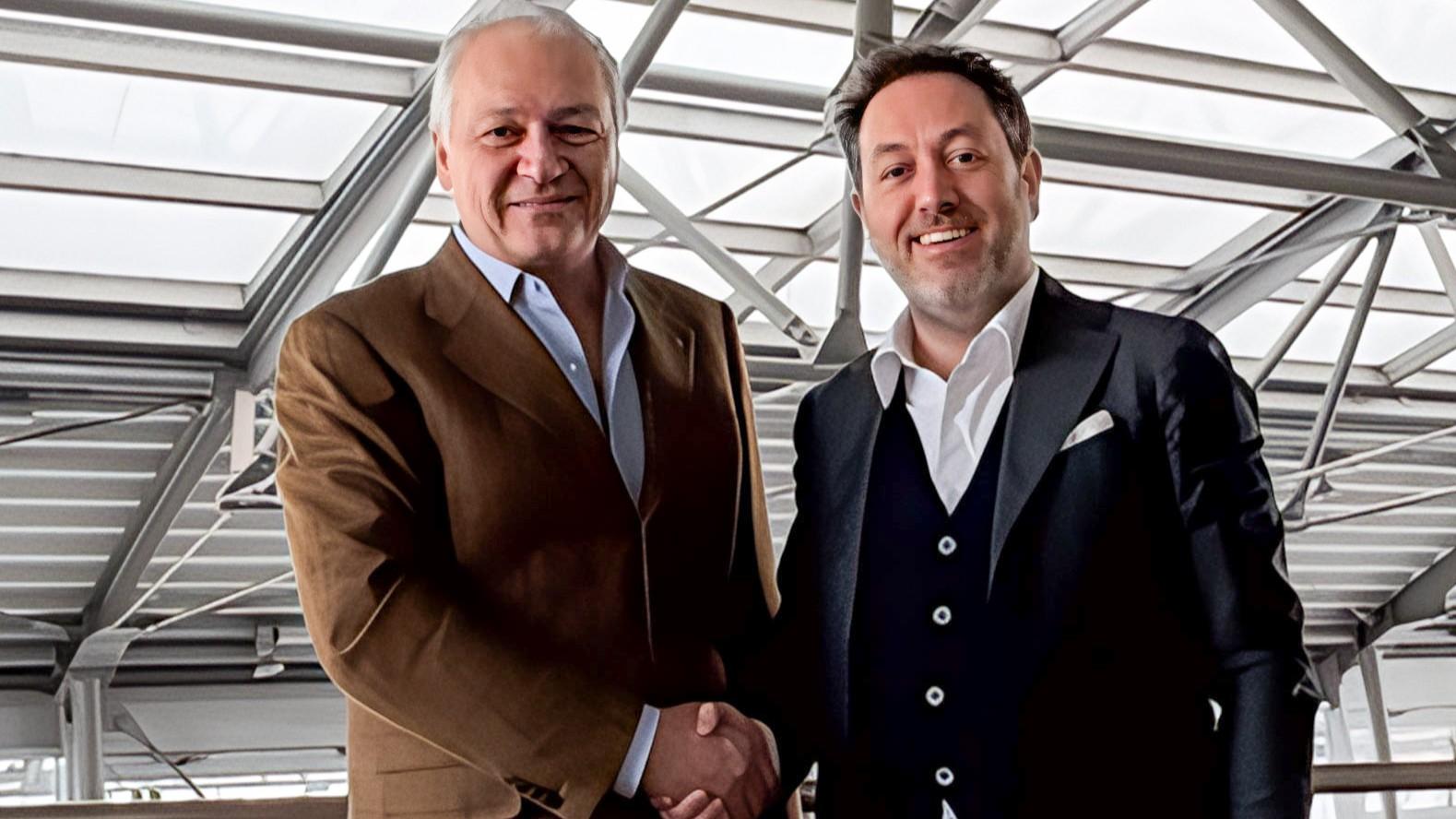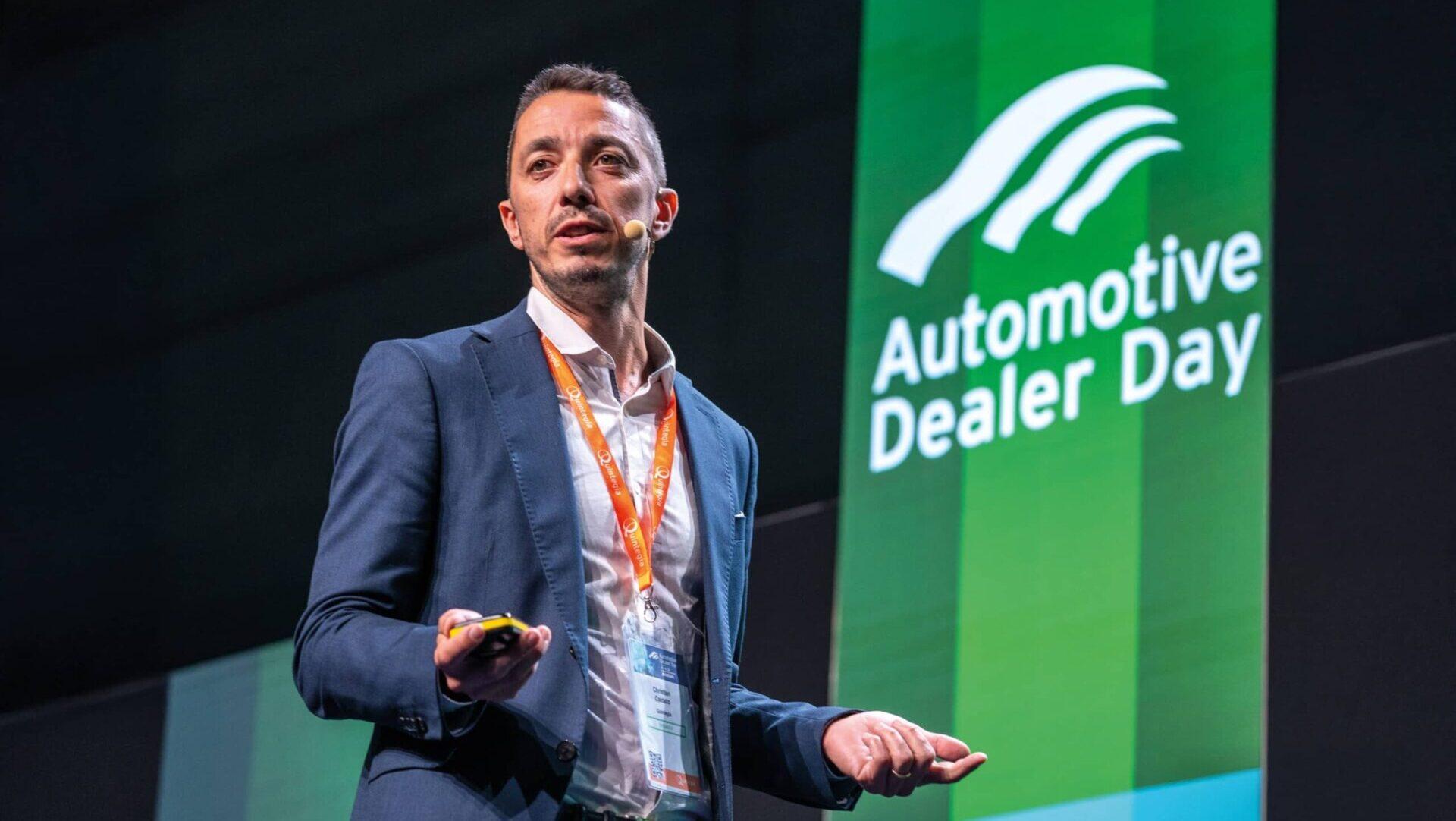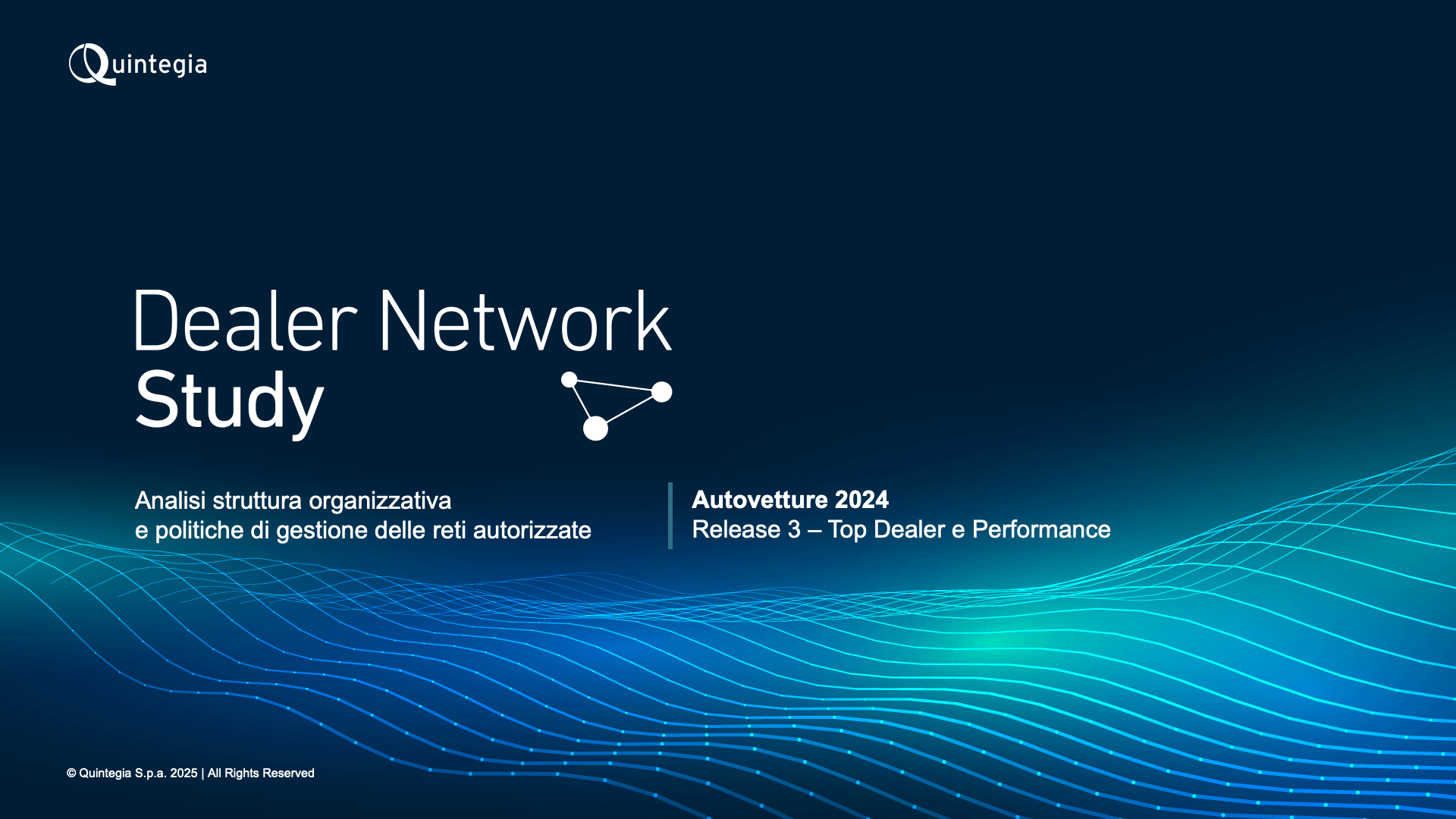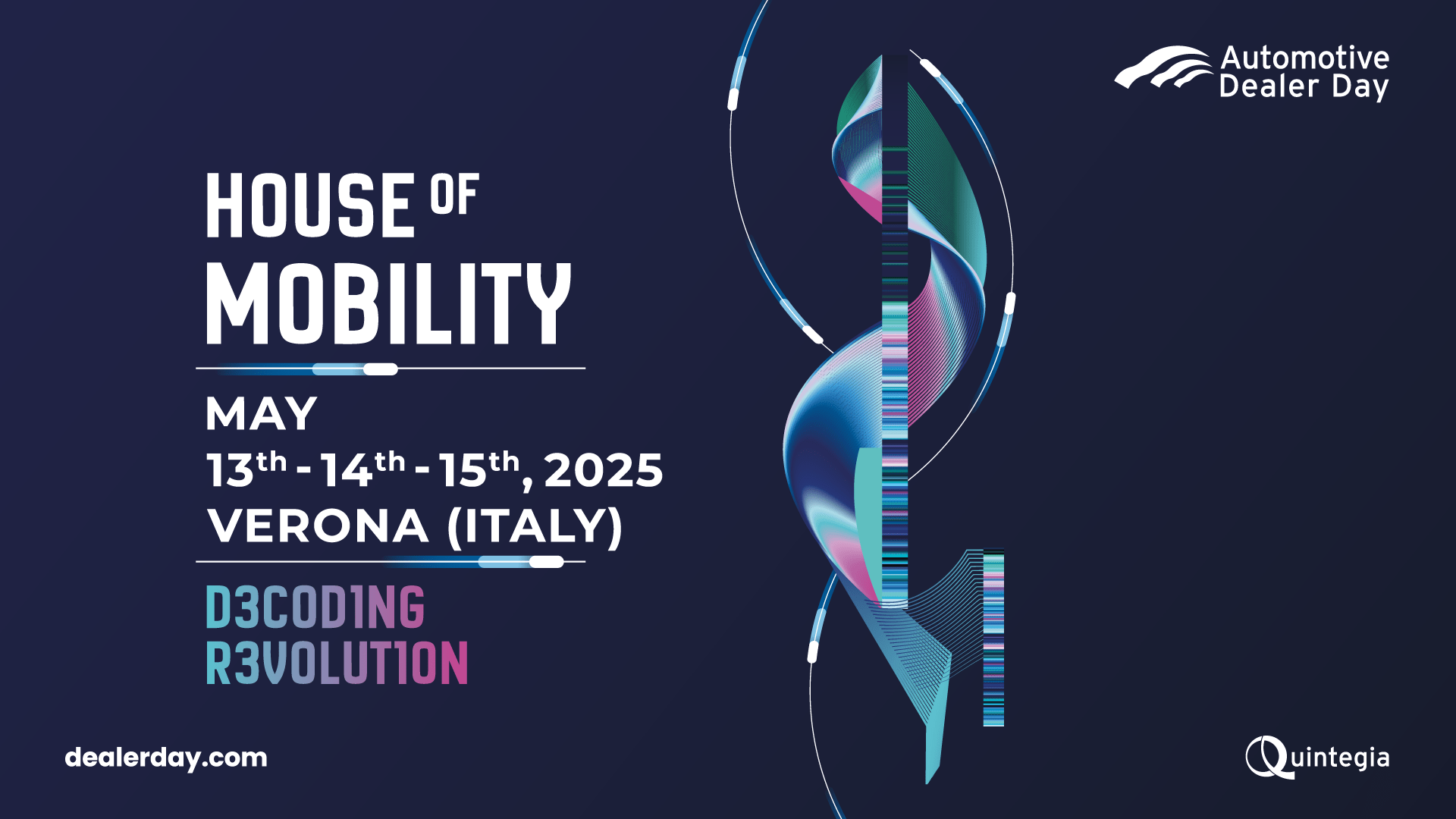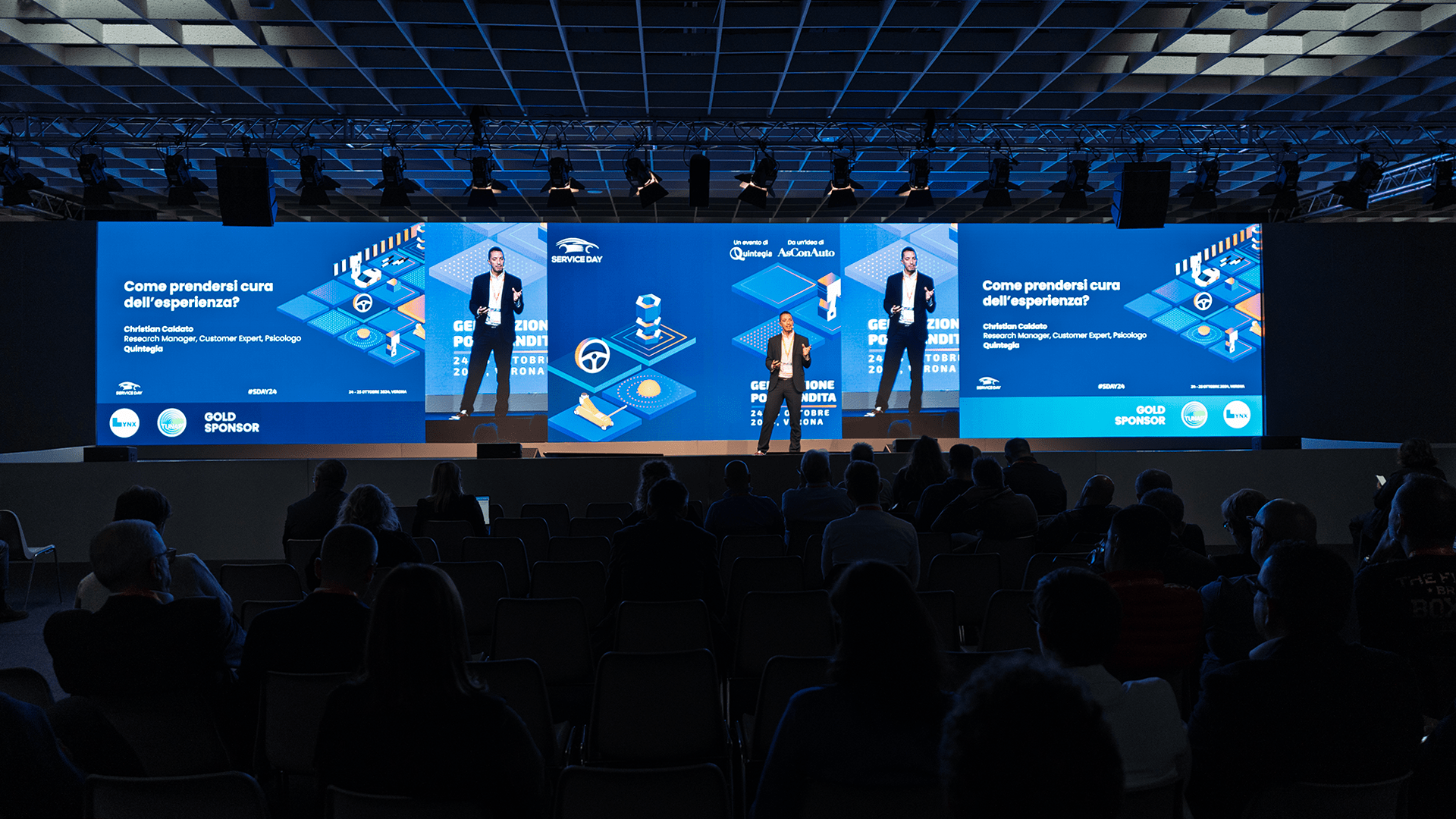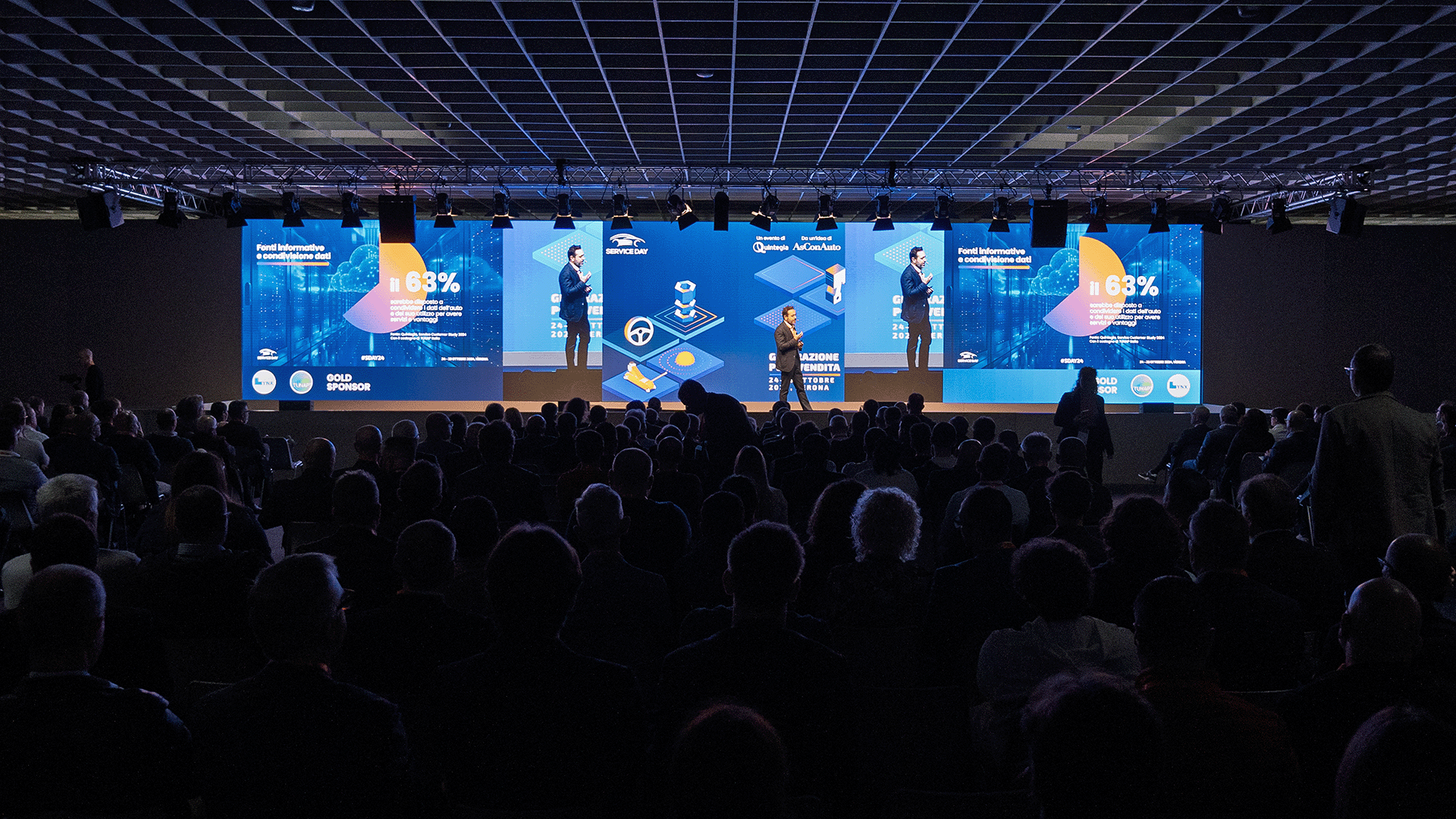When talking about energy transition, there is a lot of focus on the adjective, so on energy, forgetting the fact that first and foremost, it is a transition, involving various factors and far-reaching implications. This is one of the first thoughts shared in his speech at the Automotive Dealer Day 2022 Fabrizio Maronta, among the journalists of the leading Italian geopolitics Limes magazine.
Often, the word ‘globalization’ is associated with ‘dematerialization,’ linking it to the computer revolution of recent decades. However, this parallelism overlooks how tangible globalization actually is, just think, for example, that the majority of raw material shipments are done by ship, or that the telecommunications system relies on a network of cables that pass under the oceans. But let’s try to translate this concept into a very practical example closely related to the automotive sector: the importation of gas. Pre-pandemic data tell us that Italy imports 96% of the gas it uses and produces only 4%. Recent crises, both health and war-related, combined with the demand for renewable energy use, have pushed the country to rethink its supply sources. According to forecasts, Italy will increasingly import from those countries that produce Liquefied Natural Gas, with the substantial difference that this type of gas is transported by ship and not by pipeline, thus incurring higher structural costs. According to Maronta, this will likely result in a structural increase in bills, not necessarily marginal. This is just one case that clearly demonstrates how important it is to also consider the materiality of the energy transition to fully understand all its implications and prospects.
Energy transition also means electronic transition, not only for automobiles but for the entire infrastructure surrounding us. This means that there is a significant industrial game being played around the raw materials needed for this transition, most of which are not in Europe. Hence, the geostrategic component, along with the material one, plays a fundamental role.
Reflections of this kind, encompassing variables and themes that the automotive sector usually does not consider, are useful for gaining a greater awareness of the world in which the automotive business operates and is strongly influenced. This awareness is necessary in the great challenge toward electrification.
Car manufacturers are at the forefront of this game, looking at the 2035 time limit imposed by the European Union. Many voices of top brand auto executives participating in the three-day event in Verona have highlighted the challenges and opportunities of electric vehicles (EVs) in both the short and long term.
Marco Saltalamacchia of the Koelliker Group emphasized the importance of studying tailored solutions for professional clients, who will be the early adopters of EVs and will need a widespread and powerful charging network. These customers are already among the most inclined to purchase Battery Electric Vehicles (BEVs), driven in part by the increasing traffic restrictions imposed by major cities trying to mitigate the effects of continuous urbanization.
According to Marcus Osegowitsch of Volkswagen Group Italy, car manufacturers need the support of dealers to effectively guide customers through this transition, Dealerships will be crucial centers for all mobility and after-sales services, but above all, they will be the reference point for customer care. Even though electrification represents a revolution, the focus should not be lost on understanding and meeting the evolving needs of consumers, which will require constant support from dealers.
For Raffaele Fusilli of Renault Italy, the topic of electrification is becoming increasingly popular in the market despite the current challenges associated with it. Electric cars are no longer “boring,” and the design and innovation aspects generate interest. Renault aims to become a leader in electrification in Europe by 2025, and for the French automaker, this power source is not a novelty: the infrastructure is ready to handle the product and reassure customers with a range of associated services.
Massimiliano Di Silvestre of BMW Italy finally emphasized that in the world of electric vehicles, even for a brand like BMW, a leadership position cannot be taken for granted as in the current market. The mindset is crucial: one cannot wait for conditions to be perfect to start, especially when the competition is progressing at a rapid pace. The Bavarian manufacturers therefore proceeding on the path to electrification by also strengthening the charging network and always keeping in mind that in this revolution, processes and people are much more at the center than in the traditional model.

